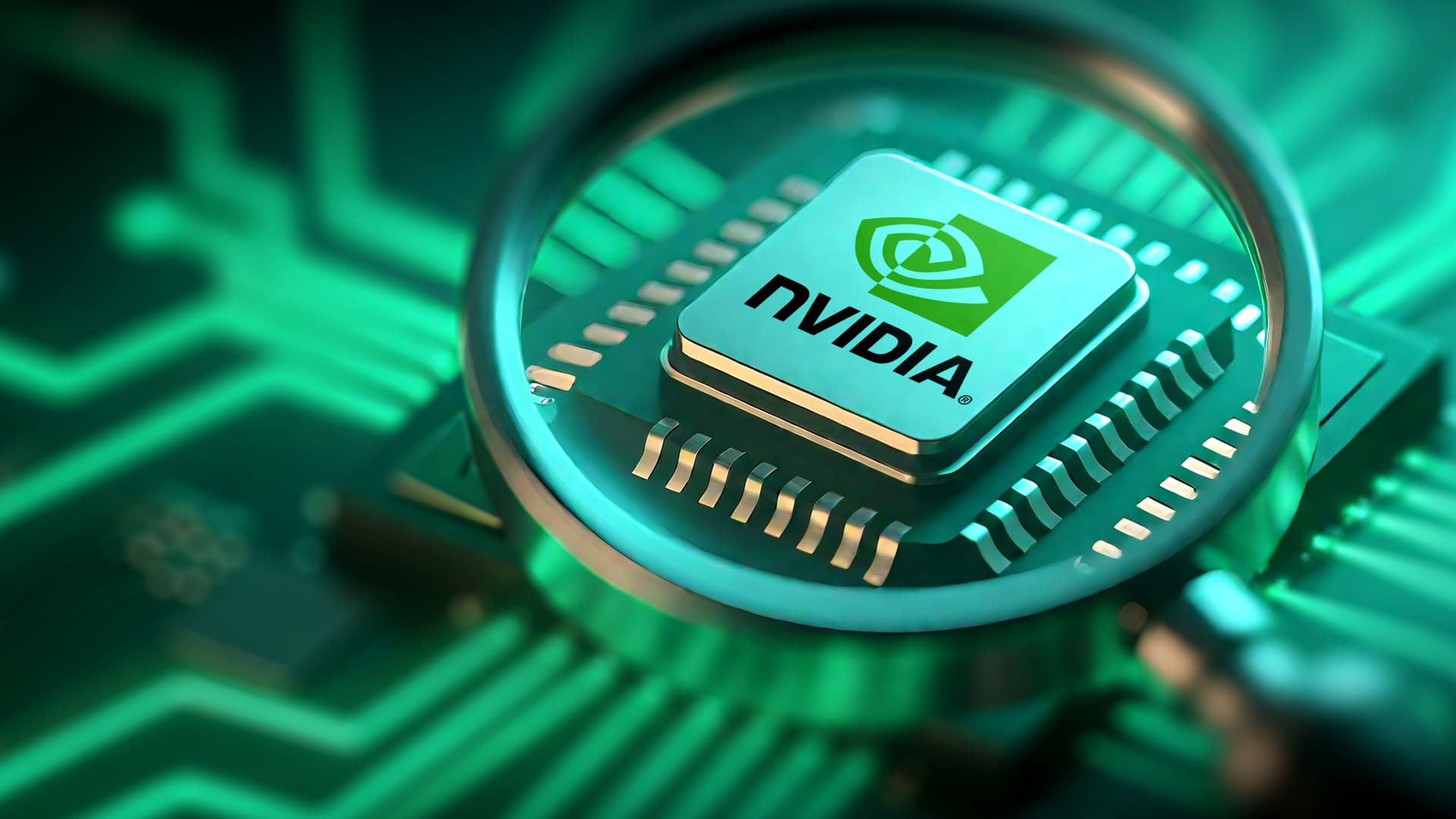
The global AI chip market has a new flash point. Reports indicate that Nvidia has asked some suppliers to suspend production of its H20 chips, the models tailored for the China AI chip market. This follows recent Beijing directives that tighten controls on purchases and use of foreign AI hardware. The pause is an important example of how US China semiconductor tensions and AI chip export restrictions are reshaping the industry.
The H20 chip was Nvidia's compliance oriented option for the China AI chip market, designed to meet export rules while still serving demanding AI workloads. Since 2022 governments on both sides have tightened rules, creating a complex regulatory environment for chipmakers. As a result, Nvidia sought a balance between compliance and market access, but recent Chinese regulatory pressure has tested that compromise.
This development has several immediate and strategic consequences for companies and investors focused on the semiconductor industry.
Industry reporting points to stricter Chinese oversight of foreign AI hardware and the need to ensure compliance with evolving export rules. Nvidia appears to be responding to regulatory uncertainty and to recommendations from partners while reassessing how to serve the China AI chip market under new conditions.
For businesses that rely on AI infrastructure, this is a timely reminder that geography and policy can be as important as technical fit. Companies should prioritize:
The H20 production pause is more than a manufacturing update. It is a signal that geopolitics in the semiconductor industry are driving strategic changes across the AI hardware landscape. As US China semiconductor tensions continue, expect more adjustments to production strategies, market access approaches and long term planning for AI infrastructure.
Note: Reporting continues to evolve and some details are still being verified by industry sources.



